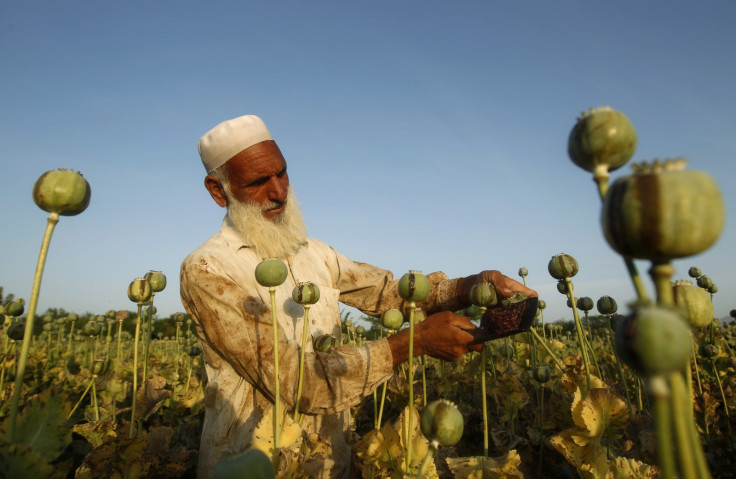Opium Poppy Cultivation Hits All-Time High in Afghanistan

The cultivation of opium poppies in Afghanistan hit a record high in 2013 in spite of substantial US investment in counter-narcotics schemes in the country.
Afghan farmers grew an "unprecedented" 209,000 hectares (516,000 acres) of opium poppies in 2013, beating the previous high of 193,000 hectares reached in 2009.
The record yield was posted despite the United States government spending $7.6bn (£4.7bn, €6bn) on anti-drugs programmes since leading the 2001 war.
"In past years, surges in opium poppy cultivation have been met by a co-ordinated response from the US government and coalition partners, which has led to temporary decline in levels of opium production," wrote John Sopko, the special inspector general for Afghanistan reconstruction, in a letter to US Secretary of State John Kerry and Defence Secretary Chuck Hagel.
"The recent record-high level of poppy cultivation calls into question the long-term effectiveness and sustainability of those prior efforts."
Afghanistan is responsible for cultivation of more than 80% of the world's unregulated opium, with profits from the trade fuelling insurgencies in the country, as well as chronic corruption and instability, according to US government officials.
The UN drug office estimates the value of poppy cultivation is at around $3bn for 2013, meaning the value soared by 50% since 2012 when it totalled $2bn.
Sopko warned the worsening security climate in the country could combine with slow eradication of poppy fields to produce a further increase in the cultivation of opium poppies in 2014.
© Copyright IBTimes 2024. All rights reserved.






